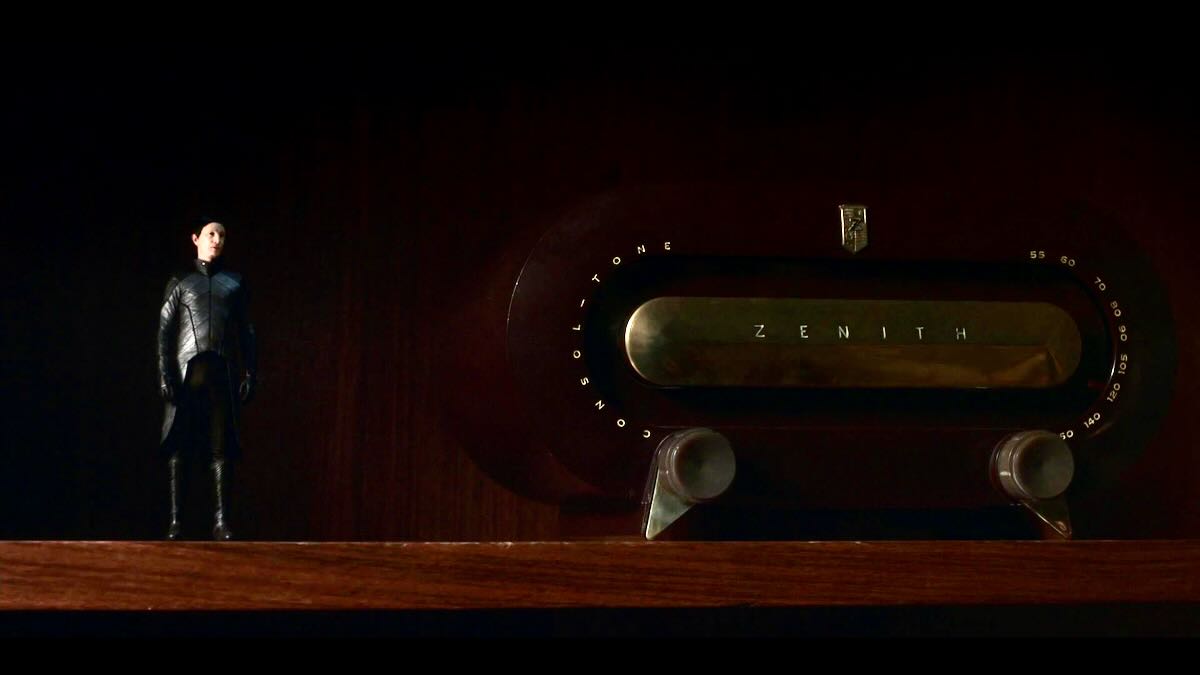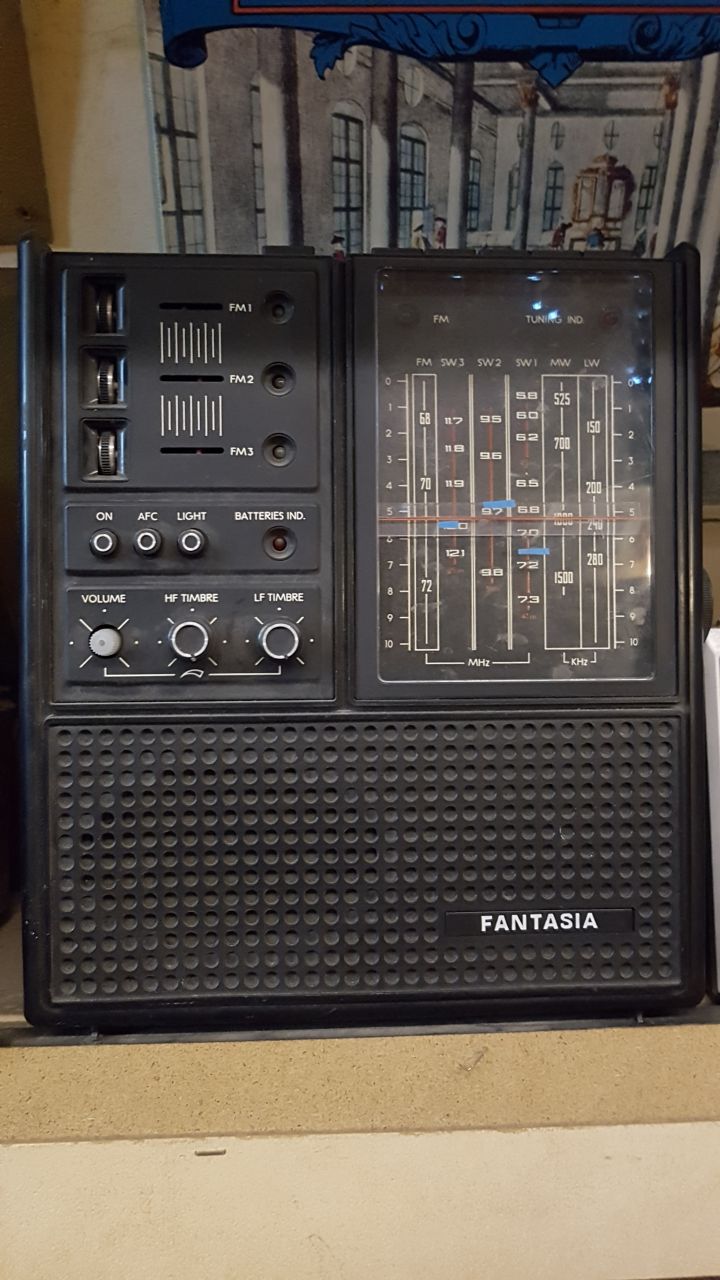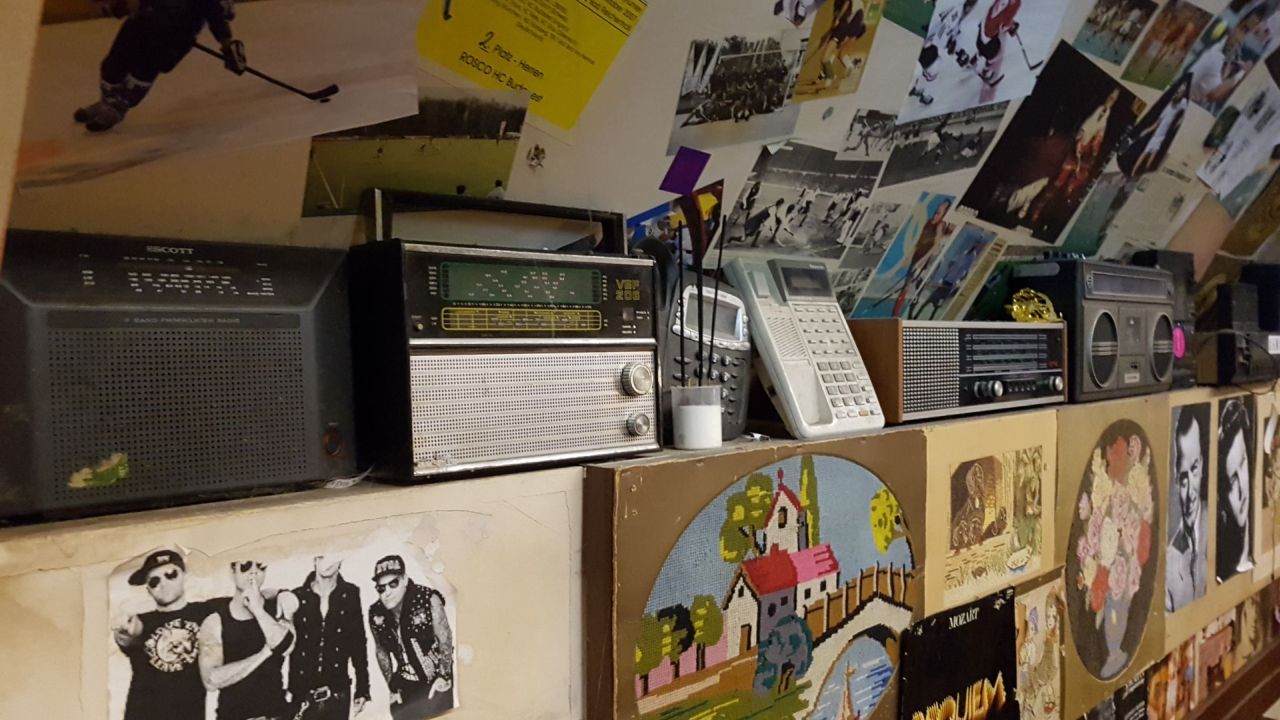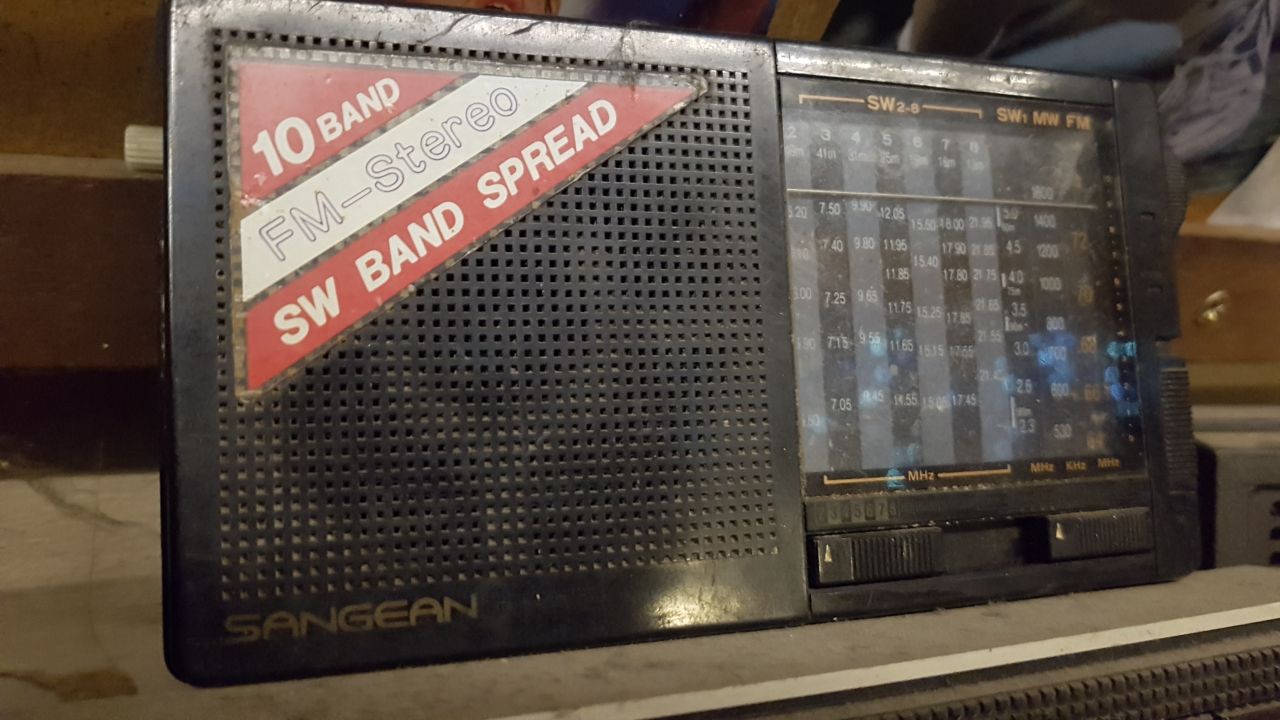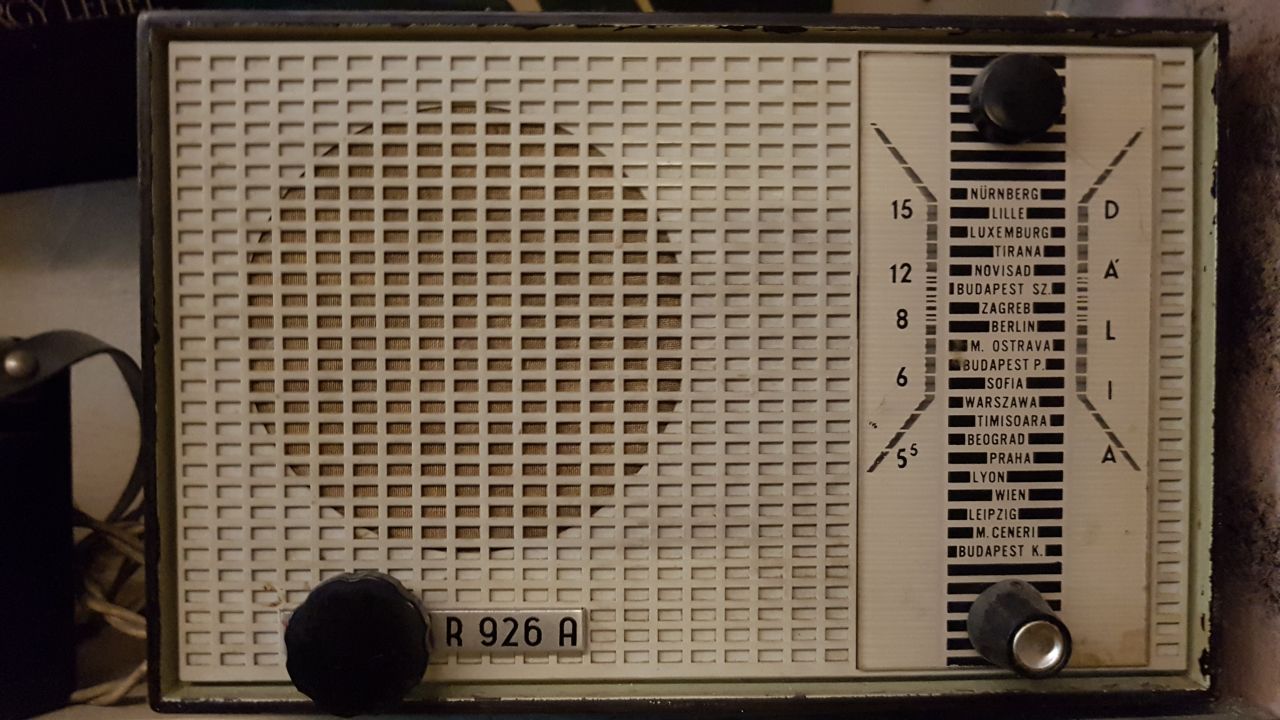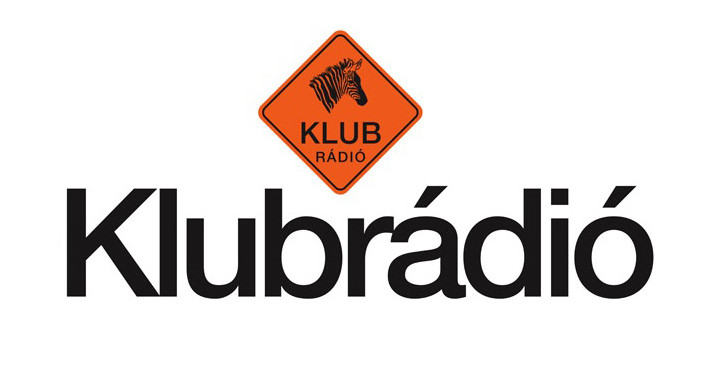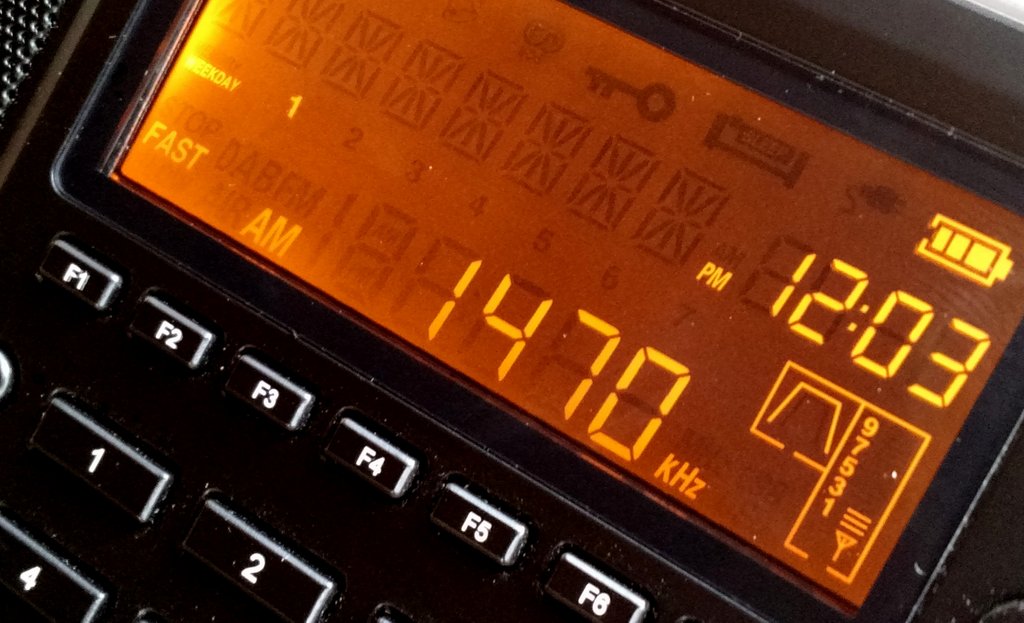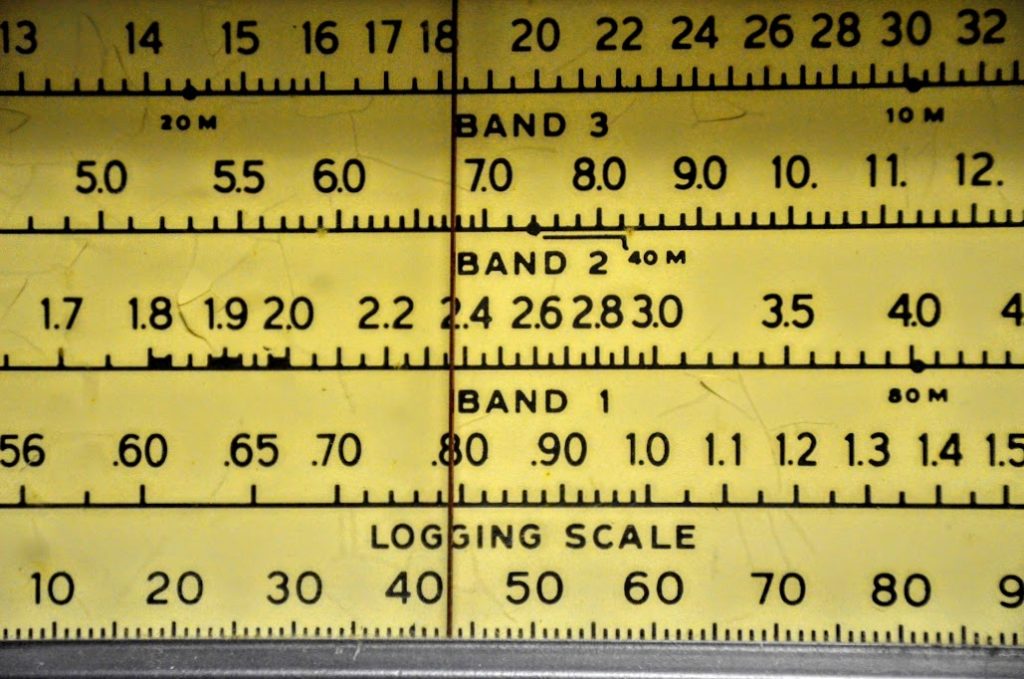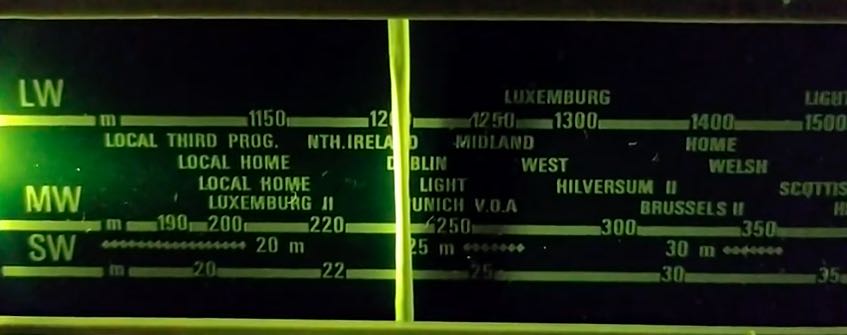
Radio Waves: Stories Making Waves in the World of Radio
Welcome to the SWLing Post’s Radio Waves, a collection of links to interesting stories making waves in the world of radio. Enjoy!
Lysychansk (Ukraine) (AFP) – The portable radio in the dark cellar of the rocket-damaged kindergarten was transmitting news in Russian over whistling airwaves about the Kremlin’s military triumphs in Ukraine.
The six frightened women and lone man cowering in the heart of the east Ukrainian war zone had no idea whether to believe the monotone voice — or who was actually patrolling the streets of the besieged city of Lysychansk above their heads.
All they knew was that their building was hit a few days earlier by a Grad volley that left the tail end of one of the unexploded rockets sticking out of the pavement at a sharp angle just steps from the back door.
Their feverish fears vacillated between the idea that their shelter’s lone entrance might get blocked by falling debris and that the Kremlin’s forces might come knocking unannounced.
“The Russians on the radio just said that they have captured Bakhmut. Is that true?” Natalia Georgiyevna anxiously asked about a city 30 miles (50 kilometres) to the southwest that remains under full Ukrainian control. [Continue reading…]
In this guest commentary, DRM’s Ruxandra Obreja dives back in to the shortwave debate
Radio World’s “Guest Commentaries” section provides a platform for industry thought leaders and other readers to share their perspective on radio news, technological trends and more. If you’d like to contribute a commentary, or reply to an already published piece, send a submission to [email protected].
Below is perspective from Ruxandra Obreja, consortium chairman of Digital Radio Mondiale (DRM), in response to the commentary “Shortwave Revival a Non-Starter? The Authors Respond.” Her commentaries appear regularly at radioworld.com.
Seldom have we seen so much passion and polarizing views as in the recent articles for and against shortwave. From “it’s dead and gone” to “this is the revival,” all shades of opinion concerning this simple and all-encompassing platform have been expressed vigorously.
Shortwave Has a Pedigree
Shortwave, currently used for large-area, regional and international coverage in the developing world, certainly registered a decline in the past two decades (but it never died, as you can see here). This loss of pre-eminence in the developed world after the Cold War is not surprising. The platforms available nowadays, in the so called “global village,” include “basic” internet connections (browsing, emails, messaging apps of any type), to the prolific social media products (Facebook, Instagram, Twitter, Reddit), as well as video, radio and TV apps, satellites, mobiles give the impression that the whole world is truly connected!
At least this is the view from Washington, London, or Berlin. But there are the same proportion of people in Europe and America with everyday internet access as there are in Africa with no way to access to it. In such regions, shortwave and mediumwave radio remains essential for many, one of only a few reliable means to receive communication.
Since the arrival of AM and FM some seventy years ago, the invention of at least three largely recognized digital broadcasting systems (DRM, DAB/DAB+ and HD) is the most notable radio development. Digital Radio Mondiale — the DRM open-source global standard — is the latest and most advanced of the three systems, but the only one that can digitize radio in all frequency bands and the only digital option for shortwave.
Closing shortwave transmitters and then trying to restart them presents a huge time, effort and financial challenge. However, nowadays, broadcasters can often buy shortwave transmission hours, in digital, too, from third party distributors, and do not necessarily need to rebuild a comprehensive infrastructure. [Continue reading at Radio World…]
The closure of the public media organisation’s bureau demonstrates further curtailment of independent and free press in Russia.
CBC/Radio-Canada – the only Canadian news organisation with a permanent presence in Russia – has been ordered by the Kremlin to close its bureau. After more than 44 years of reporting from Moscow, CBC/Radio-Canada staff have been told to leave the country. However, Vladimir Proskuryakov, deputy chief of mission of the Russian Embassy to Canada, said they would not be rushed out of the country. He told the CBC News the staff would not be forced to leave in “less than three weeks.”
CBC/Radio-Canada currently has 10 employees working in Moscow, including locally hired staff.
The move is retaliatory and comes two months after the Canadian telecommunications regulator, CRTC, banned Russian state TV stations RT and RT France from broadcasting in Canada. [Continue reading…]
BUDAPEST, Hungary (AP) — Intellectuals, broadcasters and cultural figures from Hungary’s Roma community are using the airwaves to reframe narratives and elevate the voices of the country’s largest minority group.
Radio Dikh — a Romani word that means “to see” — has broadcast since January on FM radio in Hungary’s capital, Budapest. Its 11 programs focus on Roma music, culture and the issues faced by their community, and aim to recast the way the often disadvantaged minority group is perceived by broader society.
“Roma people in general don’t have enough representation in mainstream media … and even if they do, it’s oftentimes not showing the right picture or the picture that is true to the Roma community,” said Bettina Pocsai, co-host of a show that focuses on social issues.
Radio Dikh, she said, aims to “give voice to Roma people and make sure that our voice is also present in the media and that it shows a picture that we are satisfied with.”
Some estimates suggest that Roma in Hungary number nearly 1 million, or around 10% of the population. Like their counterparts throughout Europe, many of Hungary’s Roma are often the subjects of social and economic exclusion, and face discrimination, segregation and poverty.
Adding to their marginalization are stereotypes about Roma roles in society, where they are often associated with their traditional occupations as musicians, dancers, traders and craftspeople that go back centuries. [Continue reading…]
Do you enjoy the SWLing Post?
Please consider supporting us via Patreon or our Coffee Fund!
Your support makes articles like this one possible. Thank you!

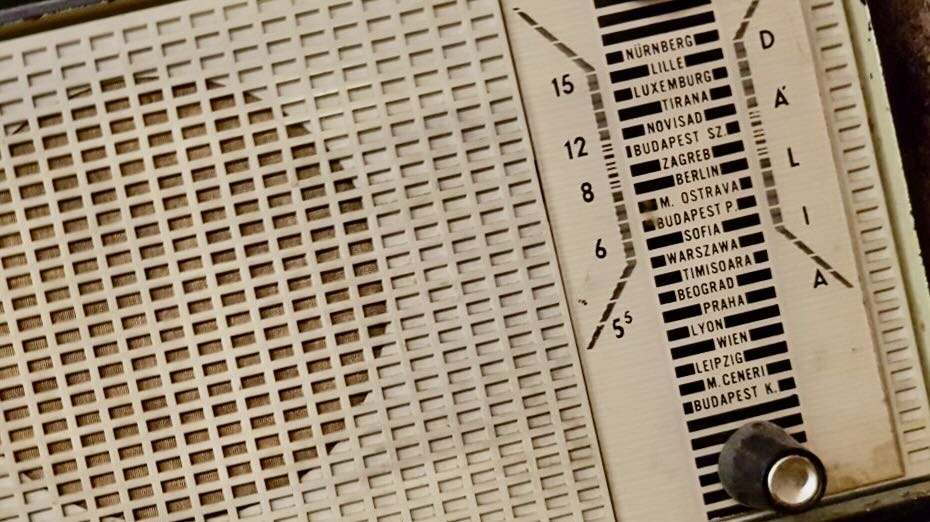 Many thanks to SWLing Post contributor, Balázs Kovács, who writes:
Many thanks to SWLing Post contributor, Balázs Kovács, who writes:
